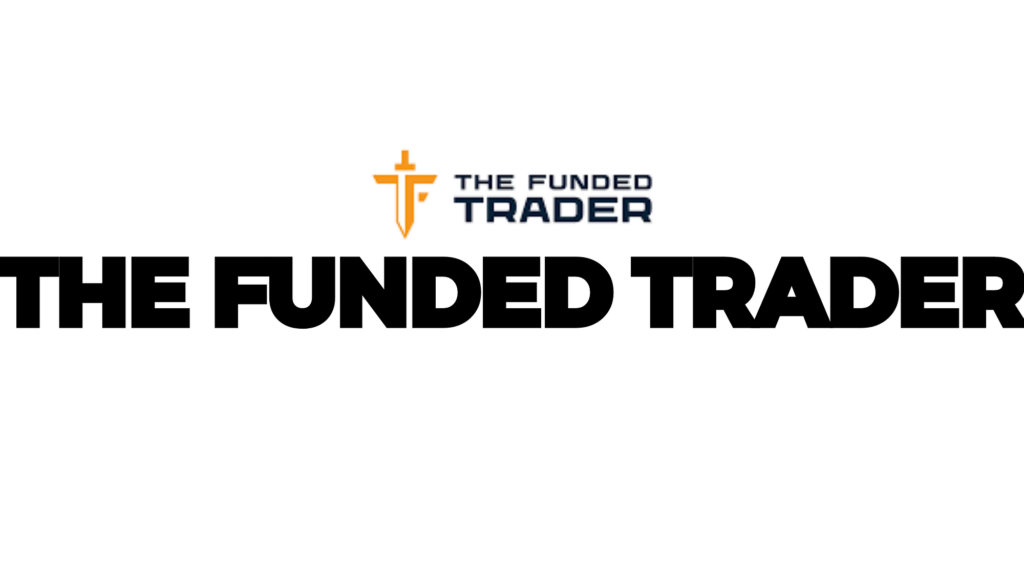
Funded Trader Programs
Funded Trader Programs have recently gained significant popularity as a viable option for aspiring traders to access capital and participate in the financial markets. In this comprehensive guide, we’ll delve into the intricacies of Funded Trader Programs, exploring how they work, their benefits and drawbacks, and how aspiring traders can leverage them to kickstart their trading careers.
| The Funded Trader Advantages | The Funded Trader Disadvantages |
|---|---|
| Lower Profit Target | No Strict Overseeing |
| Good Pricing | It is hard to become Funded Trader |
| Great variety of Balances with Low Registration Fees | Limited Instrument Range |
| Profit Share from Challenge | Only MetaTrader Platform |
| Default 80/20 payout and potential for 90/10 split | Cheesy Video Game Website Interface |
| Refundable Fee once you become Funded Trader | |
| Good range of Challenge Accounts | |
| Free Competitions | |
| MT5 and MT4 with EAs |
See also: XPro markets
What is a Funded Trader Program?
A Funded Trader Program is a trading arrangement where a trading firm provides capital to traders in exchange for a share of the profits generated from their trading activities. Essentially, it allows traders to trade with the firm’s money, known as proprietary capital, rather than their funds. In return, traders typically agree to a profit-sharing arrangement, where they retain a portion of the profits they generate. At the same time, the trading firm takes a percentage as compensation for providing the capital.
How do Funded Trader Programs Work?
Fund Trader Programs typically follow a structured process. First, aspiring traders apply to join a Funded Trader Program, often by completing an evaluation process or passing a trading challenge designed to assess their trading skills and risk management abilities. Once accepted into the program, traders have a funded trading account and access to the firm’s trading platform and tools. They then trade the firm’s capital according to predefined rules and guidelines to generate profits within specified risk parameters.
Benefits of Funded Trader Programs
There are several benefits associated with participating in a Funded Trader Program.
- Access to Capital: One of the primary benefits of Funded Trader Programs is access to capital. For traders needing more funds to trade with their capital, these programs provide an opportunity to access proprietary capital and sell more prominent positions.
- Profit Sharing: Funded Trader Programs often offer attractive profit-sharing arrangements, allowing traders to retain a portion of the profits they generate. This can provide a significant source of income for successful traders.
- Risk Management: Funded Trader Programs typically enforce strict risk management rules and guidelines, helping traders develop discipline and accountability in their trading approach. This can help mitigate the risk of significant losses and promote responsible trading practices.
- Education and Support: Many Funded Trader Programs offer educational resources, mentoring, and support to help traders improve their skills and maximize their trading potential. This can be invaluable for traders looking to enhance their knowledge and develop a successful trading strategy.
Drawbacks of Funded Trader Programs
While Funded Trader Programs offer numerous benefits, there are also some potential drawbacks.
- Profit Sharing: While profit-sharing arrangements can be lucrative for successful traders, it’s important to note that traders must share some of their profits with the trading firm. This can reduce the overall profitability of trading and impact traders’ earnings.
- Performance Metrics: Funded Trader Programs often have strict performance metrics that traders must meet to qualify for continued funding. If traders meet these metrics, they may gain access to the funded trading account and capital, potentially limiting their trading opportunities.
- Lack of Flexibility: Funded Trader Programs typically have predefined trading rules and guidelines that traders must adhere to. This lack of flexibility may restrict traders’ ability to implement their preferred trading strategies or adapt to changing market conditions.
- Evaluation Process: Some Funded Trader Programs require traders to pass a rigorous evaluation process or trading challenge to qualify for funding. This can be time-consuming and challenging, especially for novice traders needing more experience.
| Fees | The Funded Trader | FTMO | FundedNext |
|---|---|---|---|
| Minimum Account Size | $50,000 | $10,000 | $6,000 |
| Fee | $289 | €155 | $59 |
| Maximum Account Size | $400,000 | $200,000 | $200,000 |
| Fee | $1,869 | €1 080 | $999 |
| Reset or Test Retake | Yes | Yes | Yes |
| Is Fee Refundable? | Yes | Yes | Yes |
Conclusion
In conclusion, Funded Trader Programs offer a unique opportunity for aspiring traders to access capital and participate in the financial markets without risking their funds. With access to proprietary capital, profit-sharing arrangements, and educational support, these programs can be attractive for traders looking to kickstart their trading careers. However, it’s essential to carefully consider the benefits and drawbacks of Funded Trader Programs and ensure that they align with your trading goals and risk tolerance before participating. With proper research and diligence, Funded Trader Programs can provide a valuable stepping stone towards achieving trading success.

